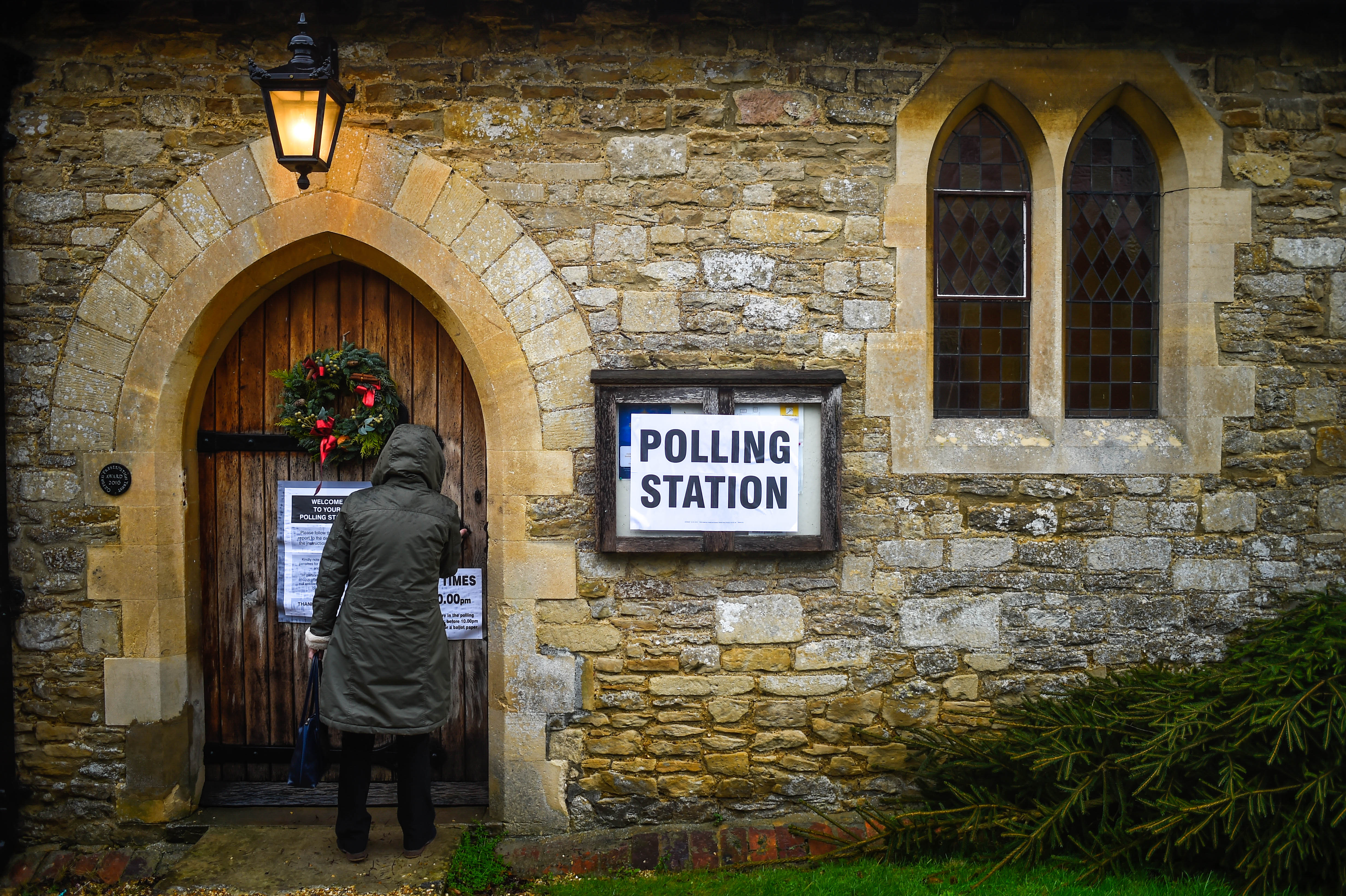Government risks disenfranchising millions of young voters due to postal vote ‘inaction’, Labour warns
‘Tories must take responsibility for the staggering low levels of postal vote sign up among young people,’ says shadow minister

Your support helps us to tell the story
From reproductive rights to climate change to Big Tech, The Independent is on the ground when the story is developing. Whether it's investigating the financials of Elon Musk's pro-Trump PAC or producing our latest documentary, 'The A Word', which shines a light on the American women fighting for reproductive rights, we know how important it is to parse out the facts from the messaging.
At such a critical moment in US history, we need reporters on the ground. Your donation allows us to keep sending journalists to speak to both sides of the story.
The Independent is trusted by Americans across the entire political spectrum. And unlike many other quality news outlets, we choose not to lock Americans out of our reporting and analysis with paywalls. We believe quality journalism should be available to everyone, paid for by those who can afford it.
Your support makes all the difference.Labour has warned the government risks disenfranchising millions of younger voters because of “inaction” over encouraging them to sign up for postal votes ahead of next month’s local elections.
Urging ministers to step in and support councils’ efforts to increase postal vote registrations so more people can vote safely from home, the party highlighted that many young people will not have been offered a Covid-19 vaccine by 7 May.
According to an analysis by Labour using internal party data, less than 10 per cent of young people aged between 18 and 25 are registered for a postal vote — compared to more than a quarter of those over 65 in most regions.
It comes as voters prepare to cast their ballots across Great Britain in the single biggest election day since the 2019 general election, with electors choosing new parliaments in Scotland and Wales, alongside local and mayoral elections in England.
Ahead of the deadline for signing up for a postal vote on 20 April in England, Cat Smith, the shadow minister for young people, said that under the government’s vaccination rollout, the vast majority of young people will not have received a jab by May’s elections making postal vote sign-up “critical”.
Read more:
“The Tories must take responsibility for the staggering low levels of postal vote sign-ups among young people,” she said. “The Conservatives’ indifference to making the May elections Covid-safe threatens our democracy”.
The party added that “failure to take action to encourage voters to sign up to vote early and safely from home will disenfranchise millions of young people”.
According to a recent poll by the Electoral Commission, a majority (73 per cent) said in February they would feel comfortable voting at a polling station in person, but 22 per cent who normally vote in person also suggested they intended to vote by post.
Ms Smith added: “After the devastating year they’ve had, young people must have their voices heard at this election.
“Young people have played a central role in our country’s response to this crisis, with many volunteering to support the most vulnerable in our communities and fighting as key workers on the front line to protect our workers.”
Many of the ballots going ahead on 7 May were postponed from 2020 due to the pandemic. Sadiq Khan, who is seeking re-election as London mayor, recently urged the government to send postal vote forms to every household in areas holding elections.
Labour’s deputy leader, Angela Rayner, has also accused the government of undermining democracy by failing to take steps to encourage postal voting sign up, accusing ministers in February of “burying their heads in the sand”.
Guidance published by the Cabinet Office in February as the government confirmed the elections would go ahead stated that £31m would be made available to directly address costs for local authorities associated with making the elections Covid-secure.
Voters will be asked to maintain social distancing, wear masks inside polling stations while authorities will be responsible for limiting the number of people inside venues and ensuring plastic screens are used where appropriate. However, the guidance stated the government does not support “all-postal voting”, saying: “This increases the risk of fraud, and removes choice from voters”.
A Cabinet Office spokesperson said: “This government made extensive preparations to ensure that democracy is not cancelled because of Covid-19. We produced a clear delivery plan, introduced an emergency voting scheme and provided an extra £32 million in funding.
“Our measures give voters the confidence to participate and, crucially, a choice on how they do so - at a COVID-secure polling station, by post or by appointing a proxy.We trust voters to make the appropriate choice for them.
“The independent Electoral Commission has been running a comprehensive public information campaign to raise awareness and we have consistently encouraged any voter who wishes to vote remotely to apply early.”
Join our commenting forum
Join thought-provoking conversations, follow other Independent readers and see their replies
Comments